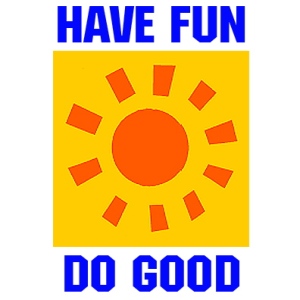 In late May, Britt Bravo at Have Fun * Do Good recruited her readers to create a list of Changebloggers – members of the blogging community who:
In late May, Britt Bravo at Have Fun * Do Good recruited her readers to create a list of Changebloggers – members of the blogging community who:
“…use their blog, podcast or vlog to raise awareness, build community, and/or facilitate readers, listeners, and viewers taking action to make the world better.”
On her blog, Britt developed a working list of 40+ Changebloggers, events and other online lists. Then a facebook group was created. Now, we are organizing our list further. I have created a Changeblogger Wiki that is being used to gather blogs and their author’s names, Twitter contact names, locations, create a shared list of Changeblogger meetups and events while also being a live idea-swapping forum.
The first idea pitched is develop a changeblogger logo. Thus, we are launching a Changeblogger logo contest! Check out the wiki for more details.
Currently, Britt is planning a Changeblogger meetup to correspond with the BlogHer conference in San Fransisco. At that conference, Britt is facilitating the Birds of a Feather session for Green, Social Change & NPO/NGO bloggers, Friday, July 18th from 10:30-11:45 AM. And, I plan to add a Changeblogger meetup to correspond with BlogHer’s Reach Out Tour in Washington D.C later this year in October.
So join the wiki and stay tuned for more ways to take online communications –> offline.


